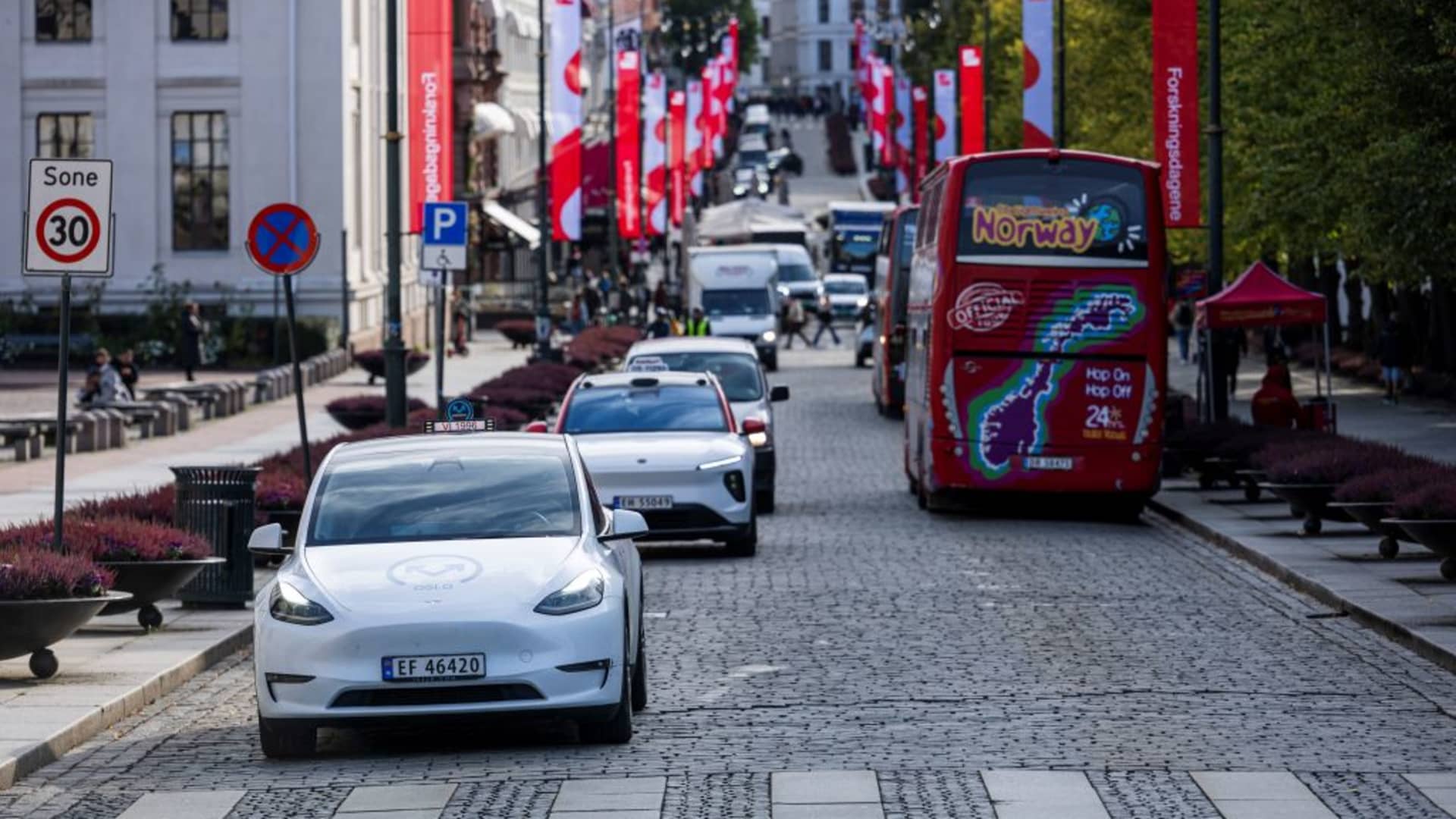Summary
Norway is on track to become the first country to eliminate gasoline and diesel cars from new car sales, with EVs making up over 96% of recent purchases.
Decades of incentives, including tax breaks and infrastructure investments, have driven this shift.
Officials see EV adoption as a “new normal” and aim for electric city buses by 2025.
While other countries lag behind, Norway’s success demonstrates the potential for widespread EV adoption.



In the slaughterhouse image you arguing with the consumer-demands-industry-follows-argument. That is way too easy and not true. Take emobility for example: did it scale because customers demanded it? Or does it because it was subsidued by the Government tonlower prices AND incentivized with tax reduction and special traffic permits?
No, emobility was enforced and engaged by the Government. Neither customers nor industry was the lead. So, is the way with petrol and gas.
I didn‘t get your last point. You are saying that Norway is producing more petrol and gas, are you? And then you claim, that it‘s not that bad because Russia reduced its oil production? Wtf is this? Whatsaboutism?
Same as we produce mountains of carbon every year through oil and gas production. But it‘s not that bad because we all ride electric cars?
No thank you. I already took your slaughterhouse example and dismantled it cleanly. We don’t need another tangent.
You were saying that. You cited a source. I didn’t disagree with it.
The world NET TOTAL OIL production is lower. With Norway producing more oil on its own, there is still LESS OIL BEING PRODUCED WORLDWIDE. I don’t know how much simpler it is to explain that.
Gotcha, you’re lacking basic understanding of supply and demand. You need to learn some basic concept before you’re going to understand how the world works. In this case I’d recommend you look into basic Micro and Macro economics studies. Read a book and learn, then come back and we can continue our conversation. I’m done.
Have a great day!